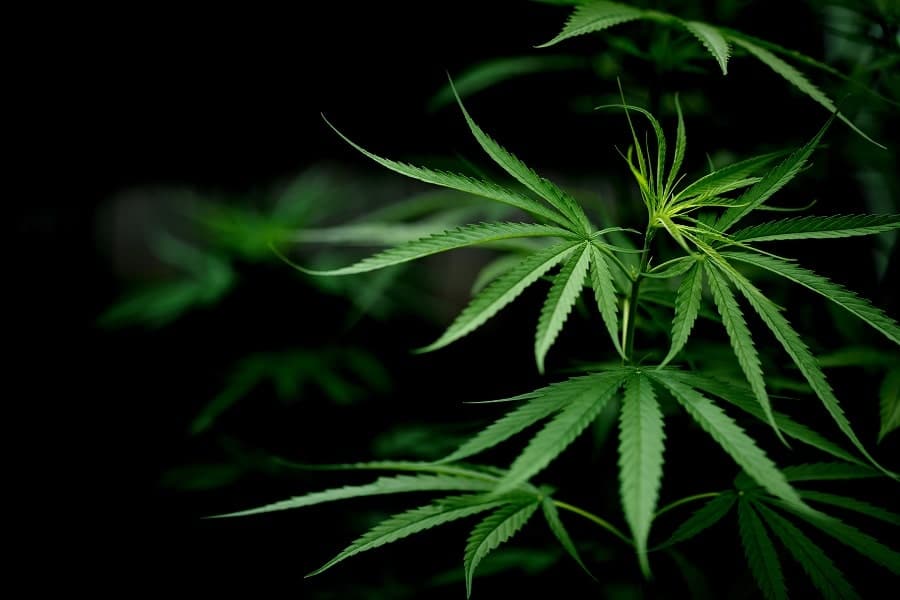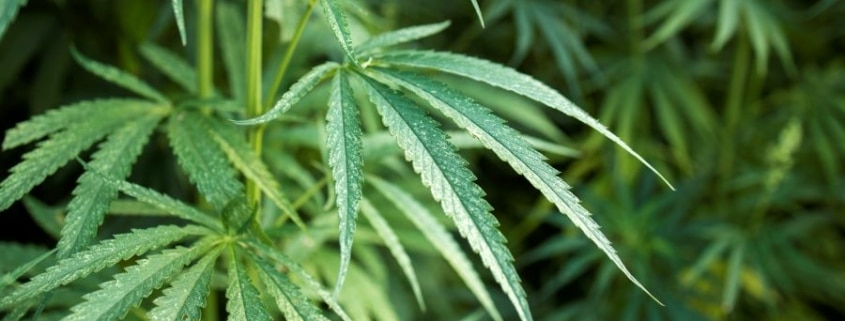What is THCa: Thca vs Thc
The cannabis plant is famed for its many cannabinoids, and you’re probably already familiar with the big names, like THC and CBD. However, you might not be quite as familiar with THCA. What is THCA? And what is the difference between THC and THCA? Read on for all the answers.
Understanding THCA: What Is it?
Let’s begin with a brief definition and answer to the question of what is THCA. Like THC and CBD, THCA is a cannabinoid, found in both raw and living cannabis plants. Its full name is tetrahydrocannabinolic acid, it’s classed as a precursor or acidic form of THC.
In their early stages, cannabis plants only have one cannabinoid: CBGA. This is known as the “mother of cannabinoids”, as it later breaks down and leads to the production of all the other cannabinoids that make up a marijuana plant.
Those new cannabinoids often begin in an acidic form, just like THCA. It takes time for the THCA to then be converted into standard THC. In its THCA form, it doesn’t have any of the psychoactive properties that we associate with THC, so it can’t get you high.
How THCA Converts to THC
THCA is able to convert into THC, and this is done via decarboxylation, otherwise known as decarbing. It may sound complicated and scientific, but it’s actually pretty simple; decarboxylation simply means heating. You can decarb cannabis by heating it. So, when you heat THCA with something like a flame or dab nail, it turns into THC.

What Is The Difference Between THC and THCA
So, we know the basics of THCA, but what is THCA vs THC. How do the two cannabinoids compare, and what is the difference between THC and THCA? Well, the main difference, as mentioned earlier on, is that THCA won’t get you high or provide any intoxicating, psychoactive effects like THC can.
From a chemical structure point of view, if we look at THC and THCA under a high-powered microscope, we can also notice some clear differences. THCA molecules take the form of carboxylic acids. This means that THCA has an extra carboxyl ring compared to THC, and this may seem like a small difference, but it’s key in preventing THCA from producing intoxication.
Otherwise, the actual effects of THC and THCA have some overlap. They can both interact with cannabinoid receptors in the endocannabinoid system, and THCA can offer nausea relief, pain relief, and an enhanced appetite.
What is THCA vs THC: Benefits
There are various benefits associated with both THCA and THC. THCA is a nonpsychoactive cannabinoid, which allows it to be consumed more safely than THC, without the risks of being high or feeling paranoia and anxiety.
Without any intoxicating effect, users are able to remain clear-headed while using THCA and enjoy its other benefits, which may include anti-inflammatory and neuroprotective properties.
At the same time, THC also has its own benefits. Many people may desire the high-like feeling provided by this cannabinoid, allowing them to experience sensations of happiness and euphoria, and THC has a range of other potential benefits in regard to pain and sleep management. It may also be used as a treatment aid for conditions like MS.

Potency
When it comes to what is THCA vs THC, there’s also a clear difference in terms of potency, with THCA being much less potent. At the same time, it is possible to find THCA in very highly-concentrated forms, which can be extremely potent, so it’s important to be cautious when dosing these kinds of products.
Usage
The usage of THCA is different from THC, as heat makes THCA turn into THC, so you can’t smoke or vape it. Instead, consuming THCA can only be done via extract form from a cannabis dispensary or in raw plant matter. It’s worth noting that even storing THCA in a warm room can be enough to decarb it and transform it to THC, so it requires very careful handling.
Legality
Finally, there’s a legal difference. Currently, the legal situation around THCA is a bit unclear, and it’s not technically a federally banned substance. At the same time, since it’s so closely related to THC and easy to turn into THC, it requires strict control.
Overall, we can see that tetrahydrocannabinolic acid THCA is an intriguing member of the cannabinoid family. It’s THC in its earliest and least powerful form, and it may have intriguing medical applications in the future. To find out more about this and other cannabinoids and cannabis products, contact us.





